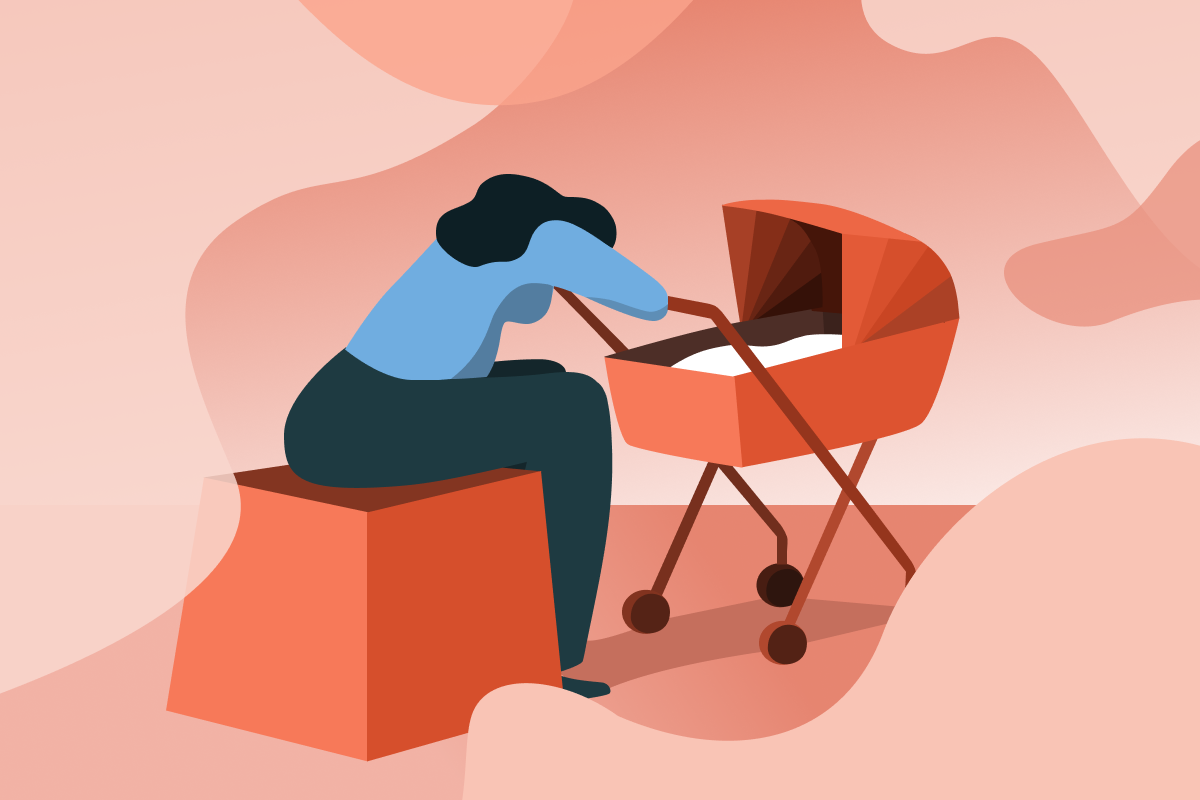Growing a baby is no mean feat. Add to that giving birth, breastfeeding, and a lack of time to eat right, and it’s a little wonder your vitamin levels take a nosedive. Low levels of certain minerals can really impact your health and wellbeing, though, leaving you feeling lethargic, irritable, teary, and even depressed.
The body needs a good balance of vitamins and minerals to maintain physical and mental health, so here are five vitamins you might be low in, what problems that may cause, and which foods will give them a boost.
Iron
Symptoms: Actually a form of anemia, a deficiency in iron can cause fatigue and shortness of breath as iron is needed to produce red blood cells which then carry oxygen around the body. This can have other health implications as you may feel unable to be as active as you need to be to stay healthy.
Foods high in iron:
- Red meat
- Beans (e.g., chickpeas, kidney beans, nuts, and soy)
- Dried fruit (e.g., sultanas and apricots)
Vitamin B12
Symptoms: A lack of vitamin B12 can cause problems in mental agility affecting things like decision-making and memory. You might feel depressed and irritable. Physically you may also notice mouth ulcers, pins and needles, or problems with vision.
Foods high in vitamin B12:
- Meat
- Fish
- Dairy products
- Eggs
Magnesium
Symptoms: A shortage of magnesium can also cause tiredness and low energy levels. You might also experience stiffness, weakness, or muscle spasms too. If you lack magnesium, you must take the time to boost this in order to have more energy to exercise. As Moms Into Fitness understand, getting moving every day has a positive effect on the mind as well as the body, so make sure to boost your magnesium and book a class.
Foods high in magnesium:
- Pumpkin seeds
- Nuts including cashews, almonds, and peanuts
- Spinach
Calcium
Symptoms: Low calcium levels can be reflected in experiences of dry skin or itching as well as feelings of depression.
Foods high in calcium:
- Dairy products
- Leafy vegetables (e.g., kale, okra, and spinach)
Folic Acid
Symptoms: A deficiency in folate such as folic acid can cause anything from tiredness to grey hair, along with mouth problems such as a swollen tongue and sores.
Foods high in folic acid:
- Green vegetables including broccoli, peas, and Brussel sprouts
- Leafy greens such as cabbage, kale, spring greens, and spinach
- Chickpeas
- Kidney beans
If you feel you are running low on certain vitamins such as Iron, magnesium, folic acid, and vitamin B12, you can also give them a boost by enjoying a fortified cereal alongside a balanced diet.
As you can see, deficiency in certain essential vitamins and minerals can cause a multitude of health problems and then cause a knock-on effect in other areas too. So, if you don’t think you’re getting enough nutrition, it might be worth considering a supplement to give you a helping hand and if you feel concerned about any symptoms, speak to your doctor.
